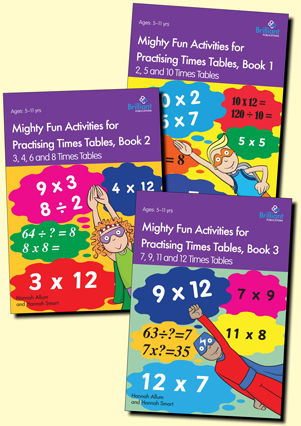The art of practice

Why does practising maths work – and what does it do to your brain?
There is no doubt that practising anything can make one better at performing the task. This is as true with learning to play the piano as it is with becoming better at football or being able to solve maths problems. The more one practices the better one gets.
But practising needs to be varied – both because undertaking the same task again and again can becomes tedious (and children don’t like tedium) and because varied practising actually changes the way the brain operates.
In fact, one can go further than this: for practice changes the actual physical structure of the brain, creating what have been called “super highways” for the electrical signals that travel around the brain.
Change like this increases the speed, accuracy and efficiency at which certain functions can be carried out. Indeed, this can happen with physical activity (which the popular media inaccurately call “muscle memory”) and with mental activity.
Children who are naturally good at sport are shown the benefit of practice very early on, but this tends to happen less when it comes to practicing mental activities. For example, activities which use and apply mathematical processes such as multiplication and division.
And yet the process is the same for both mental and physical activity. Practice changes the way individuals’ brains can handle activities and problems of all type, physical and mental. So, the more we do the better we get because our brain opens up new pathways.
This is the principle behind Mighty Fun Activities for Practising Times Tables – a set of 3 books that give multiple activities for children to help them work on the times tables while stimulating their interest and enthusiasm.
By giving the children endlessly varied and amusing tasks to undertake involving times tables, the children are in fact stimulating brain connections that make the use of numbers more natural (and thus faster) for the children every time a problem is solved.
In effect, it is the way the practicing changes the neural pathways within the brain that allows children to learn maths more quickly and retain that knowledge.
Which is why children who have the chance to practice certain maths activities regularly learn the maths faster and become ever better at solving maths problems. Exactly the same as those who constantly practice football, running or any other sport.
In terms of the maths you can see how this is done by trying out a number of pages from the books which are available here.
We love to hear from our customers. If you have any comments or queries about any of our products, please get in touch.
If you would like to receive more information from us, please tell us what interests you by clicking this link so that we can tailor the emails you receive – http://eepurl.com/gKMnqf.
